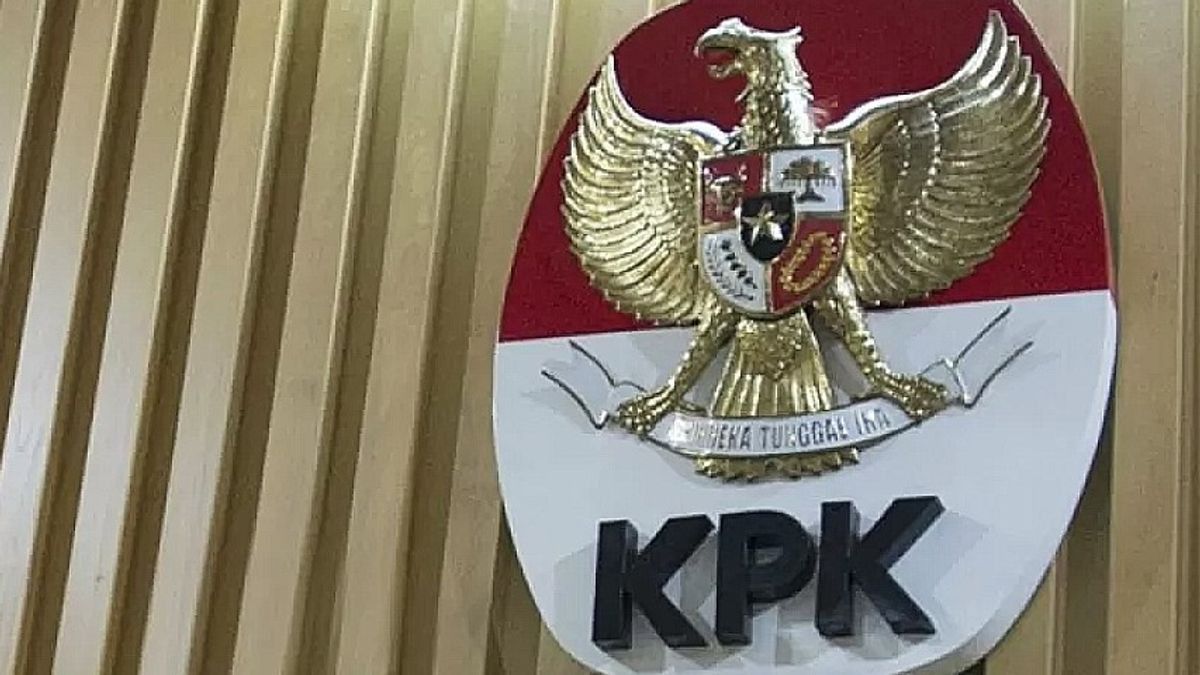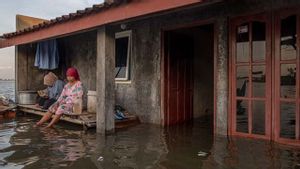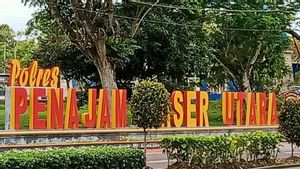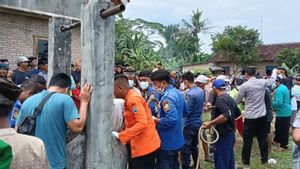YOGYAKARTA In general, LHKPN stands for State Administrators Wealth Report. This report is mandatory and its implementation is based on applicable law. Then what is LHKPN, what are reported, and who is obliged to report it?
In Indonesia, every official is obliged to report his assets to the state. Reporting was made when he first served, transferred, promoted, or retired.
The reporting of assets is stated in the form of a list on an LHKPN form issued by the authorized institution, in this case the Corruption Eradication Commission (KPK). It should be noted that reporting includes the organizers themselves and the nuclear family, namely spouses or children who are included in the responsibility.
The history of LHKPN began during the BJ Habibie administration. At that time the president issued Presidential Decree of the Republic of Indonesia No. 81 of 1999 which discussed the establishment of the State Administrators' Assets Examination Commission (KPKPN). The institution was independent or independent and aims to prevent corrupt practices, collusion, and nepotism.
Then during the reign of Megawati Soekarno Putri, Law Number 30 of 2002 was enacted which had an impact on the merger of the KPKPN. Instead, the institution authorized to prevent corruption, collusion and nepotism was carried out by the Corruption Eradication Commission (KPK). Since then, LHKPN has been reported to the KPK.
As mentioned earlier, the implementation of LHKPN is carried out based on applicable law. Then is it obligatory to report LHKPN? The answer is yes. In the inspectorate.jatengprov.go.id website, it is stated that there are three legal foundations that apply, namely as follows.
Anyone who is obliged to report LHKPN?
LHKPN must be carried out by every state administrator. Meanwhile, the definition of state administrators is regulated in Article 1 point 1 of Law no. 28 of 1999 concerning the Implementation of a State Free from Corruption, Collusion and Nepotism.
Referring to Article 2 of Law no. 28 of 1999, State Administrators include several state officials, namely as follows.
In addition, there are other positions that are required to report their assets to the state. This is based on Presidential Instruction Number 5 of 2004 concerning the Acceleration of Corruption Eradication which was then responded by the Minister of State Apparatus Empowerment (MenPAN) by issuing Circular Number: SE/03/M.PAN/01/2005 concerning State Administrators Wealth Reports on State Administrators Wealth Reports (LHKPN).
Based on the SE from Menpan, there are several positions that are required to make LHKPN, namely as follows.
The benefits of the LHKPN reported to the KPK are as an effort to prevent corruption. Because LHKPN reporting is mandatory, there are sanctions imposed on state officials who do not report.
State administrators who do not carry out LHKPN obligations, as regulated in Article 20 of Law no. 28 of 1999, will be subject to administrative sanctions. Meanwhile, the KPK as an authorized institution cannot give punishment to officials who do not report LHKPN.
That's information related to what the LHKPN report is. To get other interesting information, visit VOI.ID.
The English, Chinese, Japanese, Arabic, and French versions are automatically generated by the AI. So there may still be inaccuracies in translating, please always see Indonesian as our main language. (system supported by DigitalSiber.id)













